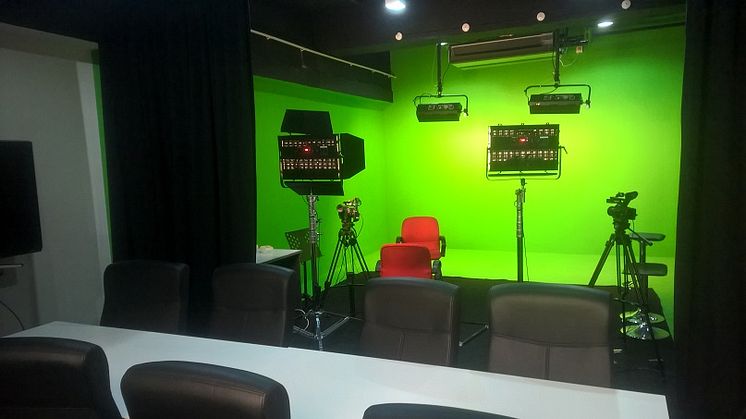
Blog post -
How to choose the right media mentor
Here is a check-list of 11 qualities you should look for.
1. Real media experience
Your media coach should have actually worked in the media.
This might sound obvious, but it's definitely a question you should ask.
Public relations or corporate communications experience might be valuable, but that alone is not enough to prepare your CEO for media interviews.
2. Real television experience
Your media coach should have experience in the medium you are training for.
Limousine drivers are good at driving limousines. But just as you wouldn't engage a limousine driver to drive a bus, you wouldn't engage a former print journalist to coach television skills.
If you are training for television interviews, ask your media coach if they have real world television presentation experience.
3. Experience in training
A reporter who is fresh out of the media, and who has never trained senior executives before, is not likely to understand the pressure you are under as an interview guest, anticipate questions you might ask, and provide you with a well-rounded experience.
Choose a media coach who is experienced in training, and who is able to straddle both the needs of the media as well as of corporate communications.
4. Practise in a real television studio
Naturally, media training can always be conducted in your office.
But there is nothing like a real television studio with all the bright lights and equipment to provide an authentic learning environment.
This might take your executives out of their comfort zone, but better to do so during training than later when they are confronted by a real television studio.
5. Realistic questions during practise
Practise is the most important part of any media workshop.
Assess the questions asked during media coaching. Are they run-of-the-mill? Or do they really challenge your executives to put their media skills to good use?
Practise interviews do not need to be aggressive to be realistic, and the media coach should never make a fool out of your executives just because he or she can.
Choose a media coach who understands the difference.
6. Public speaking and presentaton skills - not just media
These days, it's not just about appearing in the media. Spokespeople have to speak in myriad places, including client sales events, conferences and trade shows.
Each brings with them their own challenges.
Your media coach should be able to prepare you for all manner of public speaking engagements, including in-house produced online video programs which your company distributes via social media and YouTube.
7. Business experience
Former journalists might know journalism, but how many can say they understand the cut and thrust of business? Have they ever hired or fired someone? Have they ever had to deal with the business problems that you deal with?
Ideally, the media trainer will have real business experience, especially in your industry.
Knowing the subject matter will help devise, test and train on key messages relevant to your needs.
8. On-going presentation experience
There is an ethical problem for journalists who double up as media trainers. What happens to his or her credibility when they find themselves interviewing people they have trained?
However, your media coach should "walk the talk" by continuing to be active in public speaking. Otherwise all those years of media experience are going to become outdated.
9. Customisation & flexibility
Some media coaches insist on minimum or maximum group sizes, and have a fixed curriculum with little room for customisation.
It should be obvious that executives with some media experience will not require a full-day basic course; nor that a 1-hour workshop will be enough coaching for someone who has never appeared in the media before.
Your media coach should discuss your specific needs with you, and take into consideration your specific requirements.
10. Ongoing coaching
Once the training workshop is over there is always a danger that the skills learnt are quickly forgotten.
Just four or six weeks later, do your participants remember what they learnt and are they able to put these skills into practise?
Ask yourself whether your media coach offers on-going coaching.
11. Ready-to-air television interview
While you are already in our television studio to train for a television interview, we will help you produce an interview that is so good you can show it to your customers.
Can your media coach do that?
